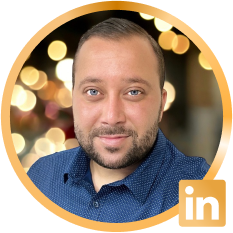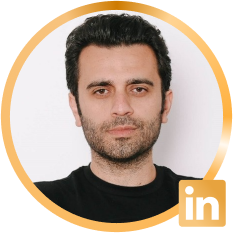
Products personalized for you

Are you a job seeker?

Are you a small business?
Premium products help you
Hear from Premium subscribers
Frequently asked questions
FAQs
What is LinkedIn Premium?
LinkedIn Premium subscriptions offer enhanced features tailored for job seekers and small businesses looking for a smarter way to advance their career or grow their business. LinkedIn Premium products include Premium Career, Premium Business, and Premium Company Page.
What do LinkedIn Premium products do?
LinkedIn Premium products help job seekers and small businesses showcase credibility, find and message the right people, and gain an advantage with exclusive insights.
What is the difference between LinkedIn basic (free) and Premium?
LinkedIn basic (free) helps users engage with their network. LinkedIn Premium products are tailored for job seekers or small businesses who need enhanced features (e.g., company or applicant insights, who's viewed your profile, profile or resume writing assistant) to expand their connections, and confidently find a job or grow their small business.
How do I manage my Premium account?
You can access the My Premium page on the LinkedIn desktop site or mobile app here to view all Premium features and manage your LinkedIn Premium subscription. On the My Premium page, you can view the status of your subscription, InMail Message credits, see Premium insights, and other Premium profile settings.
Can I try LinkedIn Premium for free?
Eligible LinkedIn members can try LinkedIn Premium for free. If you're currently using, or have already used a free premium trial, you won't be eligible to try any other premium plan for free for at least the next 12 months. Start your free trial today.







